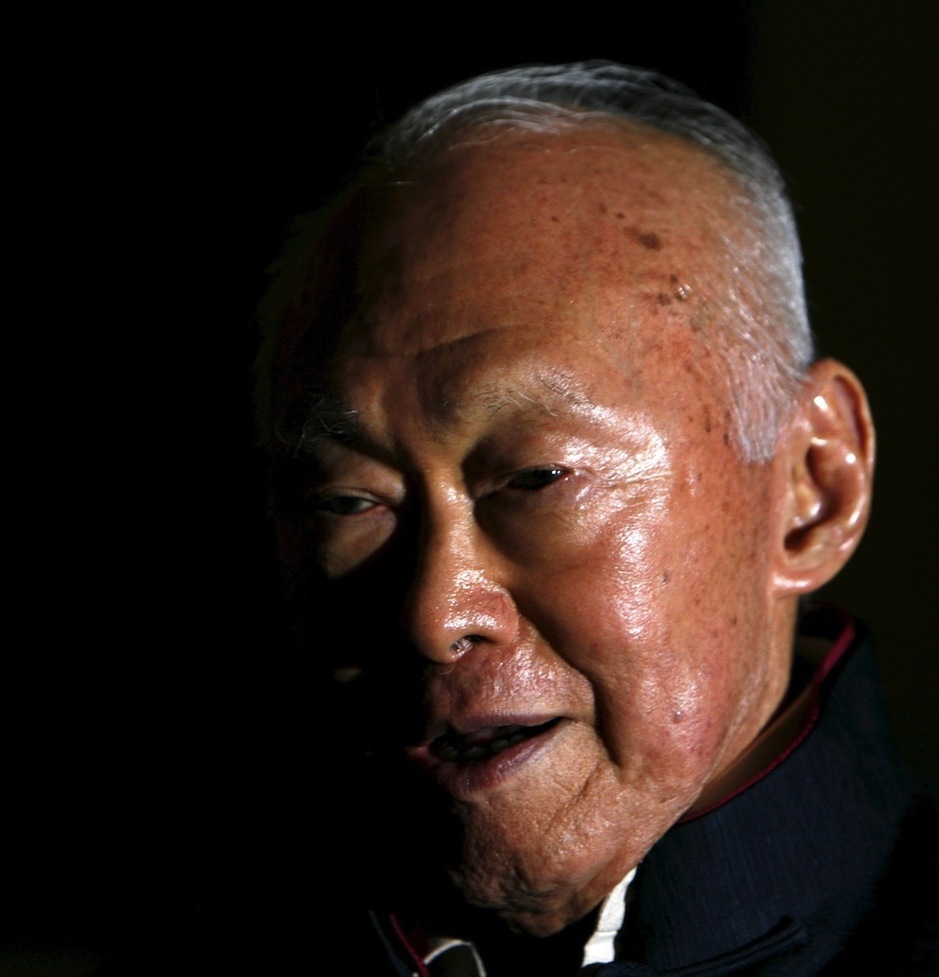Singapore’s founding father, Lee Kuan Yew, dies at 91
Lee Kuan Yew, who founded modern Singapore and was both feared for his authoritarian tactics and admired for turning the city-state into one of the world’s richest nations, died Monday. He was 91. Lee was admitted to Singapore General Hospital on Feb. 5 for severe pneumonia and was later put on life support. The Prime Minister’s Office said in a statement posted on its website that Lee “passed away peacefully” at the hospital at 3:18 a.m. local time Monday. One of his sons, Lee Hsien Loong, is Singapore’s current prime minister. He also is survived by another son, Lee Hsien Yang, and a daughter, neurologist Lee Wei Ling. His wife of more than 60 years, Kwa Geok Choo, died in October 2010.
In the end, my greatest satisfaction in life comes from the fact that I have spent years gathering support, mustering the will to make this place meritocratic, corruption-free and equal for all races - and that it will endure beyond me, as it has.
Lee said in his 2013 book, ‘One Man’s View of the World’
The country’s first and longest-serving prime minister, Lee guided Singapore through a traumatic split with Malaysia in 1965 and helped transform what was then a sleepy port city into a global trade and finance center. Although he could have remained in office for much longer, he stepped aside and handed over leadership of the ruling party - People’s Action Party (PAP) - and the country, to a younger generation in 1990. Still, he remained an influential behind-the-scenes figure for many more years until his health deteriorated. A powerful orator, he was prepared to speak up on concerns over the direction the city-state was going in. Only in 2011 did he give up his Cabinet minister post and resign from the executive committee of the PAP.
Even from my sick bed, even if you are going to lower me into the grave and I feel that something is going wrong, I will get up.
Lee said in his 2013 book, ‘One Man’s View of the World’

Lee Kuan Yew Asia-Pacific